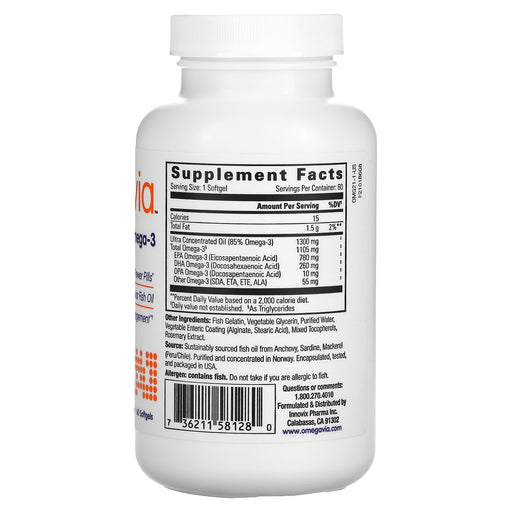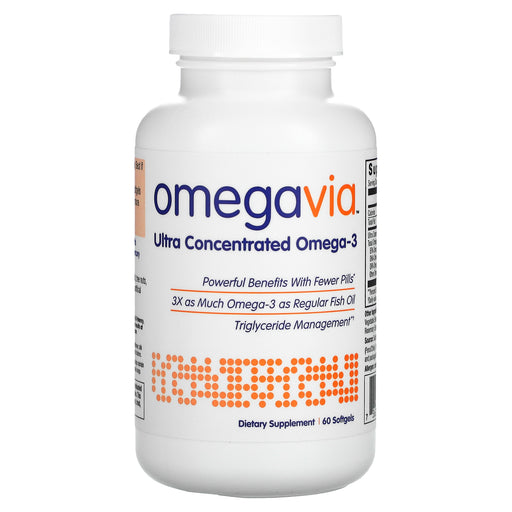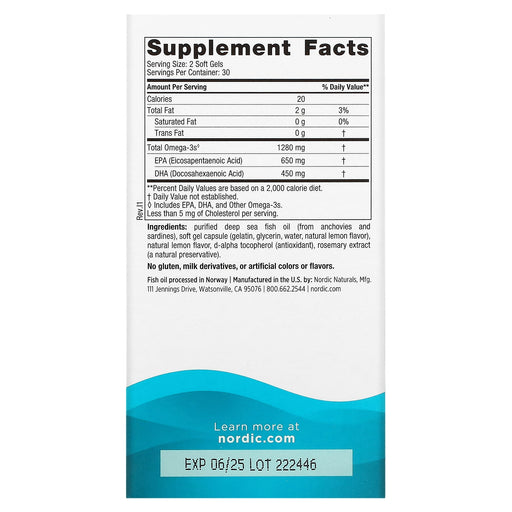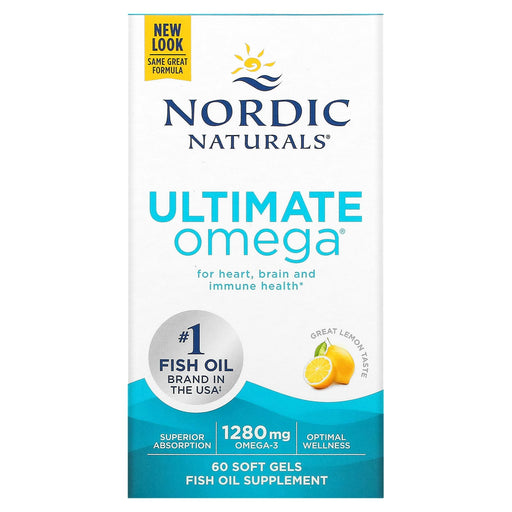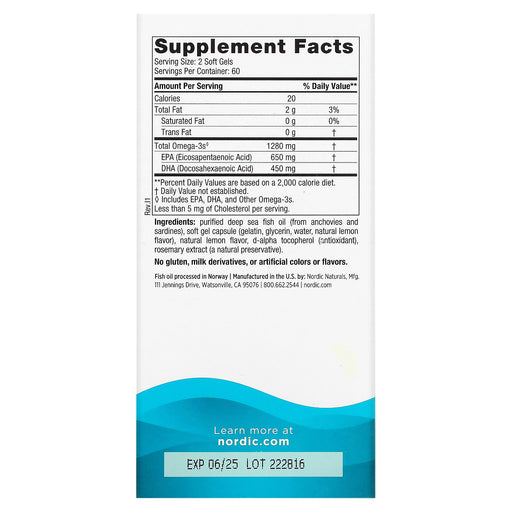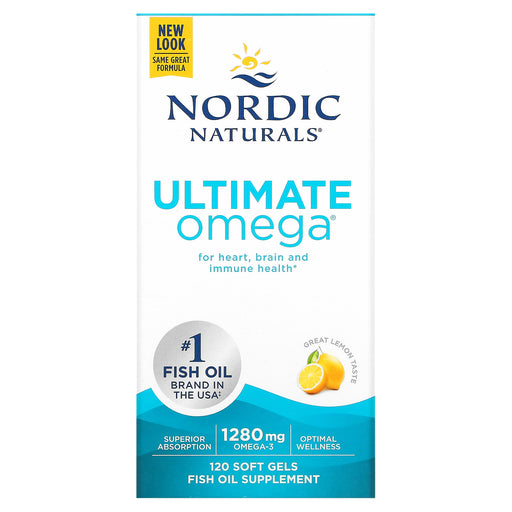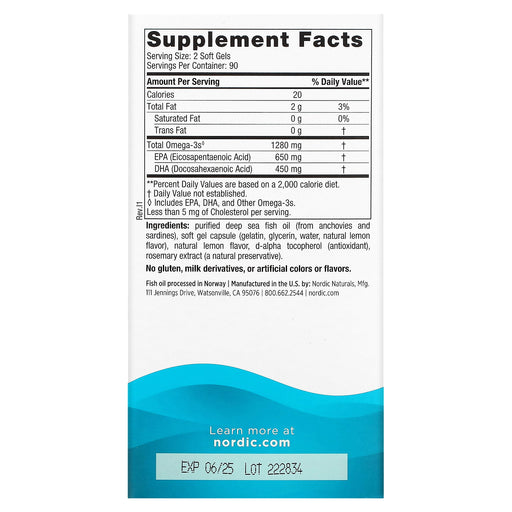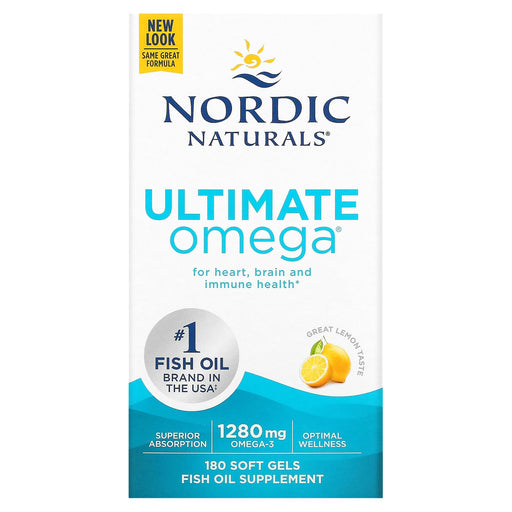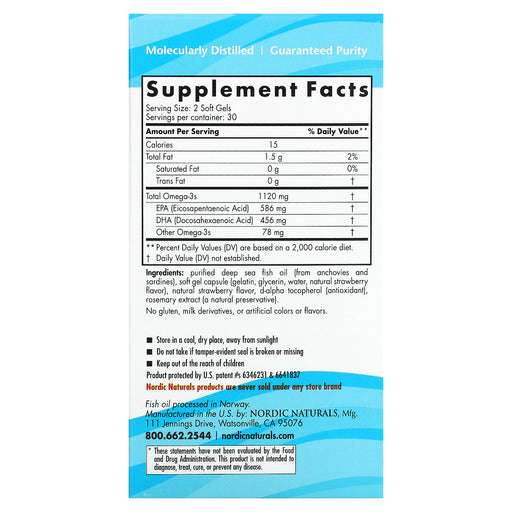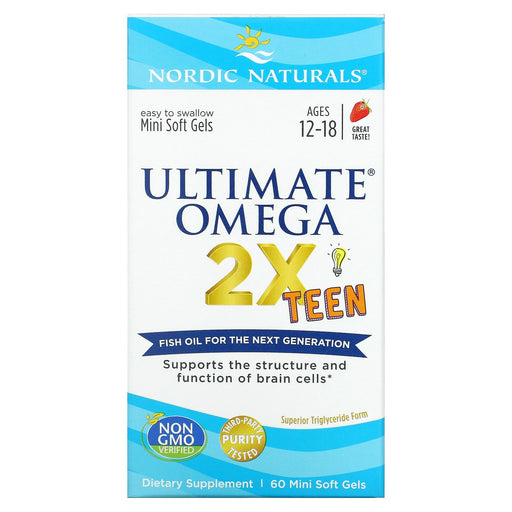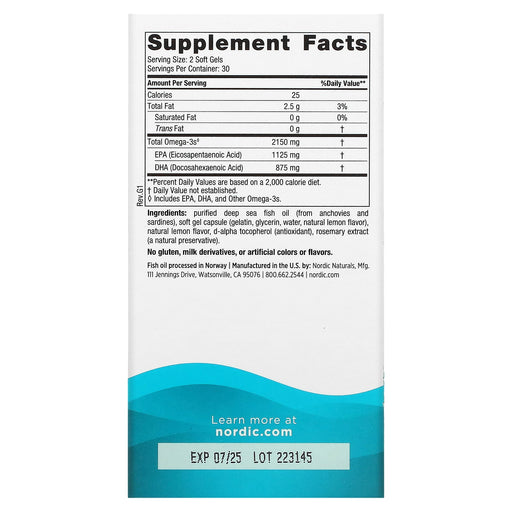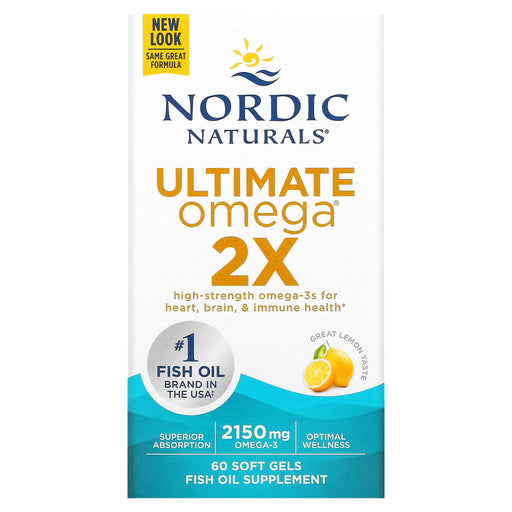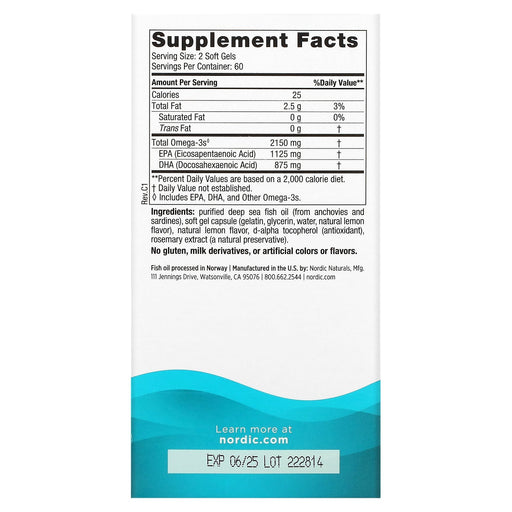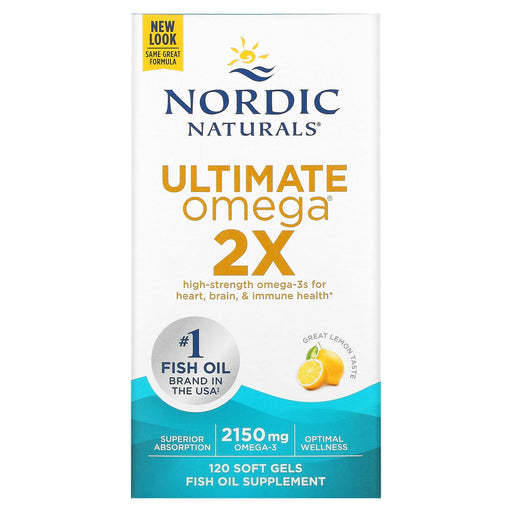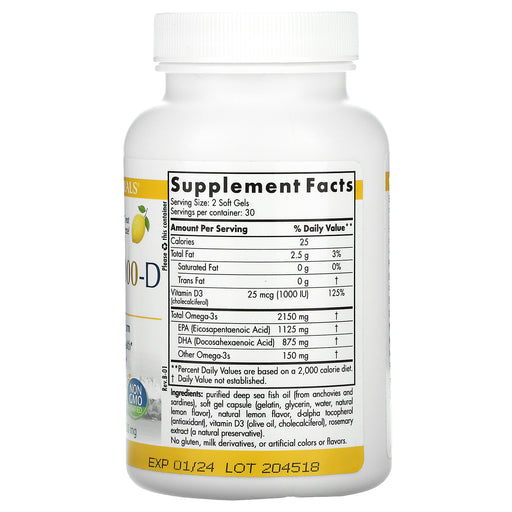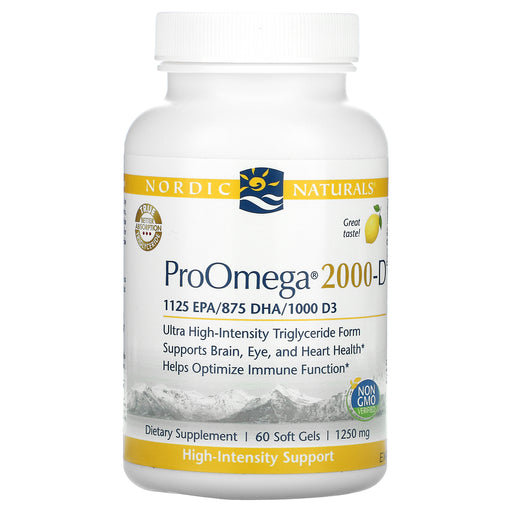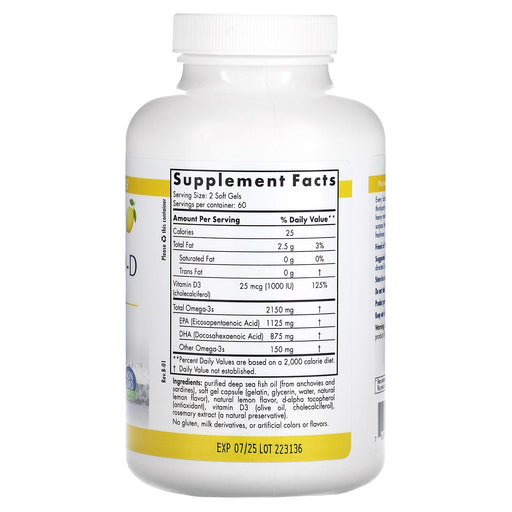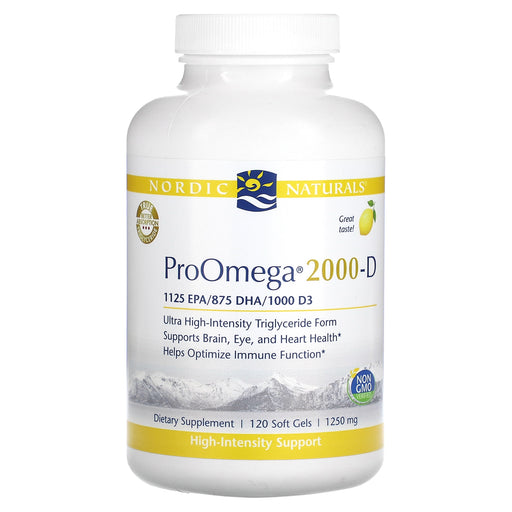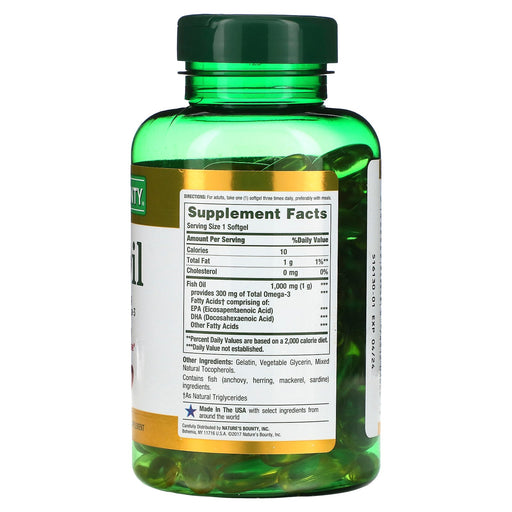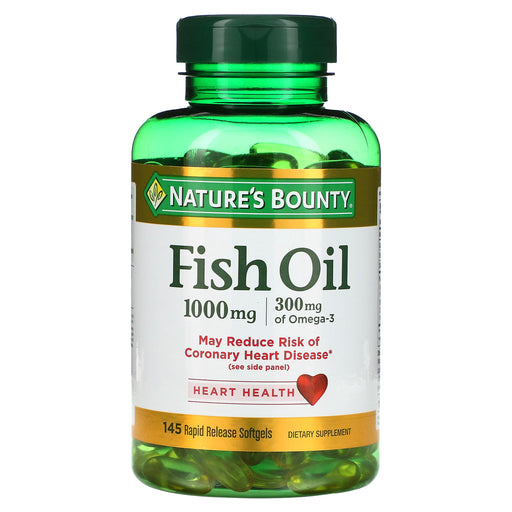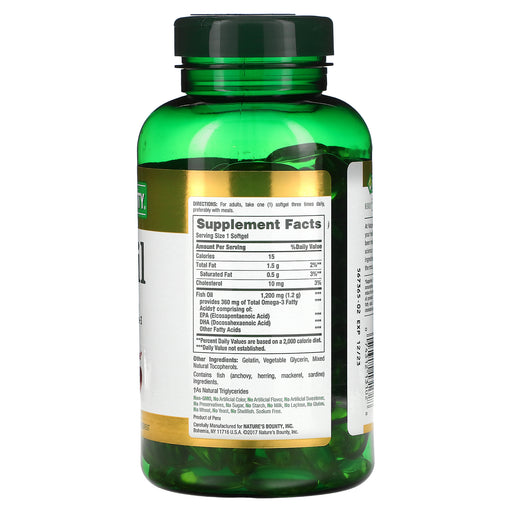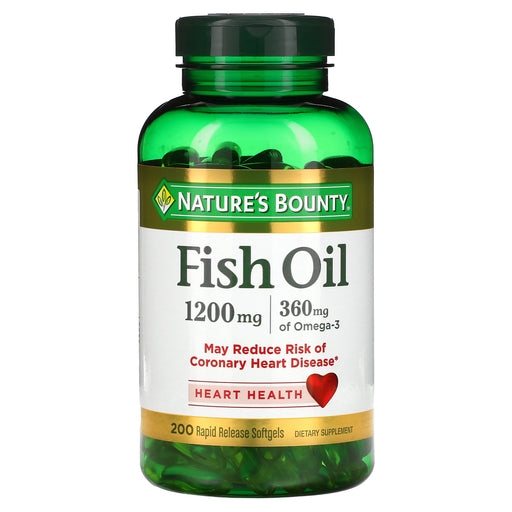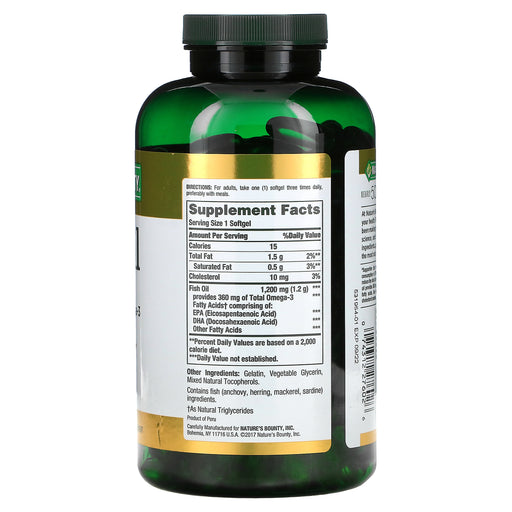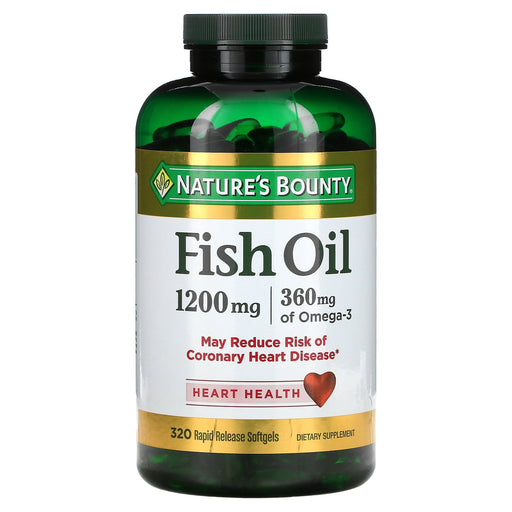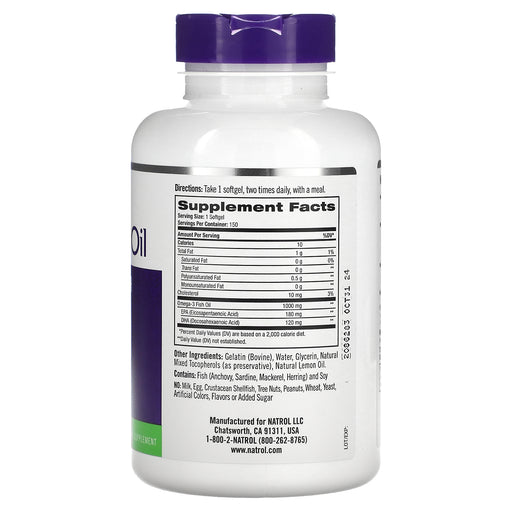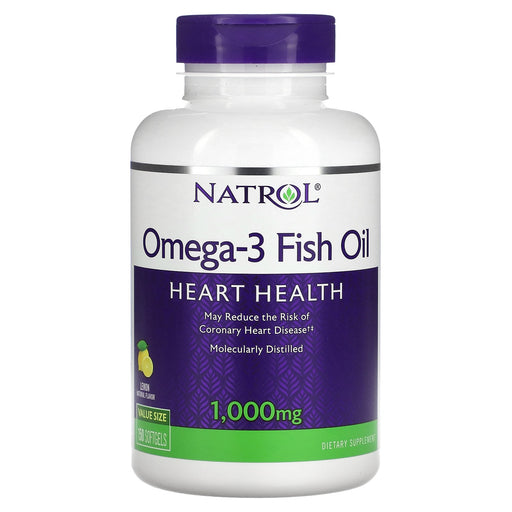
Unleash the Power of Omega-3s: Essential Fish Oil Supplements for Optimal Health and Well-Being
Omega-3 fatty acids, particularly EPA (eicosapentaenoic acid) and DHA (docosahexaenoic acid) found in fish oil, are essential nutrients that play a vital role in supporting cardiovascular health, brain function, joint mobility, and overall well-being. As the body cannot produce these crucial fatty acids on its own, obtaining them through diet or supplementation is essential for maintaining optimal health. By incorporating high-quality omega-3 fish oil supplements into your daily routine, you can experience the transformative benefits of these powerful nutrients, promoting a healthy heart, sharp mind, and vibrant vitality.
The Science Behind Omega-3s: Understanding Their Crucial Role in Health
Omega-3 fatty acids are polyunsaturated fats that are essential for various physiological functions and have been extensively studied for their potential health benefits. The two most important omega-3s, EPA and DHA, are primarily found in fatty fish and fish oil supplements. Some of the key roles that omega-3s play in the body include:
- Cardiovascular Health: Omega-3s help to maintain healthy triglyceride levels, support healthy blood pressure, improve endothelial function, and reduce the risk of heart disease and stroke.
- Brain Function and Development: DHA is a major structural component of the brain and is essential for normal cognitive function, memory, and mood. Adequate omega-3 intake is crucial for brain development during pregnancy and early childhood.
- Anti-Inflammatory Effects: Omega-3s possess potent anti-inflammatory properties, helping to reduce chronic inflammation throughout the body, which is a key factor in the development of various diseases.
- Joint Health and Mobility: By reducing inflammation in the joints and supporting the production of lubricating synovial fluid, omega-3s can help to alleviate joint discomfort and stiffness, promoting better mobility and flexibility.
- Eye Health: DHA is a crucial component of the retina and is essential for proper visual function. Adequate omega-3 intake may help to reduce the risk of age-related macular degeneration and other eye disorders.
The Importance of Choosing High-Quality Fish Oil Supplements
When selecting an omega-3 fish oil supplement, it's crucial to choose a high-quality product from a reputable brand to ensure purity, potency, and safety. Some key factors to consider when choosing a fish oil supplement include:
- Purity and Freshness: Look for supplements that are molecularly distilled or purified to remove contaminants such as mercury, PCBs, and dioxins. Choose products that are fresh and have been protected from oxidation, which can degrade the quality and efficacy of the oils.
- EPA and DHA Content: Select fish oil supplements that provide a high concentration of EPA and DHA, the two most important omega-3 fatty acids. Look for products that clearly state the amounts of EPA and DHA per serving.
- Sustainability and Sourcing: Choose fish oil supplements that are sourced from sustainably managed fisheries and are third-party certified for environmental responsibility and purity.
- Triglyceride vs. Ethyl Ester Form: Omega-3 supplements are available in either natural triglyceride form or as ethyl esters. Triglyceride form is generally considered to be better absorbed and more stable than ethyl ester form.
- Brand Reputation and Third-Party Testing: Select supplements from reputable brands that have a history of producing high-quality products and that engage in third-party testing to ensure purity, potency, and safety.
Fish Oil Supplement Options: Tailored to Your Unique Needs
Omega-3 fish oil supplements are available in various forms and concentrations to suit individual preferences and health goals. Some popular options include:
- Standard Fish Oil Capsules: These capsules provide a balanced ratio of EPA and DHA and are suitable for general health and well-being.
- High-Potency Formulas: These supplements offer higher concentrations of EPA and DHA per serving, making them ideal for individuals with specific health concerns or higher omega-3 requirements.
- Liquid Fish Oil: Liquid fish oil supplements offer a convenient and flexible option for those who prefer not to swallow capsules, and can be easily mixed into foods or beverages.
- Targeted Formulas: Some fish oil supplements are formulated to address specific health concerns, such as heart health, joint support, or cognitive function, and may include additional complementary ingredients.
- Vegan Omega-3 Options: For those following a vegan or vegetarian diet, algae-based omega-3 supplements provide a plant-based alternative to fish oil, offering the same essential EPA and DHA without the use of animal products.
Experience the Transformative Power of Omega-3 Fish Oil
At Health Orchard, we are dedicated to providing our customers with the highest quality omega-3 fish oil supplements to support optimal health, vitality, and well-being. Our carefully curated selection features fish oil products from trusted brands, sourced from pure, sustainably managed fisheries and formulated for maximum potency and bioavailability.
Whether you're looking to support cardiovascular health, enhance brain function, improve joint mobility, or simply promote overall well-being, our omega-3 fish oil supplement collection has the perfect product to meet your unique needs and goals.
Witness the essential role of omega-3s in maintaining optimal health and experience the difference that high-quality fish oil supplementation can make in your journey towards vibrant vitality. Browse our selection today and take the first step towards unleashing the power of omega-3s for your lifelong well-being.
Frequently Asked Questions about Omega-3 (Fish Oil)
1. What are the benefits of fish oil omega-3?
Fish oil omega-3 supplements offer a wide range of potential health benefits, including:
- Supporting cardiovascular health by promoting healthy triglyceride levels, blood pressure, and circulation
- Reducing inflammation throughout the body, which may help alleviate symptoms of conditions like arthritis and autoimmune disorders
- Supporting brain health, cognitive function, and mental well-being, particularly in older adults
- Promoting healthy vision and reducing the risk of age-related eye disorders
- Supporting joint health and mobility, especially in people with rheumatoid arthritis
- Enhancing skin health by maintaining moisture and reducing inflammation
- Supporting prenatal and postnatal development, particularly for fetal brain and eye development
2. Is it good to take omega-3 fish oil everyday?
Yes, it is generally safe and beneficial to take omega-3 fish oil supplements daily, as long as you adhere to the recommended dosage instructions provided by the manufacturer or your healthcare provider. The American Heart Association recommends consuming at least two servings of fatty fish per week or taking a daily fish oil supplement to obtain adequate levels of omega-3 fatty acids. However, it is essential to consult with a healthcare professional before starting any new supplement regimen, especially if you have pre-existing health conditions, are pregnant or nursing, or are taking medications that may interact with fish oil. Some people may experience mild side effects, such as digestive discomfort or fishy burps, particularly when first starting to take the supplement.
3. Does omega-3 have side effects?
Omega-3 fish oil supplements are generally well-tolerated, and side effects are usually mild and temporary. However, some people may experience adverse effects, particularly when consuming high doses or when first starting to take the supplement. Potential side effects of omega-3 fish oil include:
- Digestive discomfort (e.g., nausea, diarrhea, or stomach upset)
- Fishy burps or aftertaste
- Headache or dizziness
- Allergic reactions (rare), particularly in people with fish or shellfish allergies
- Interactions with certain medications, such as blood thinners or diabetes medications
- Increased risk of bleeding, especially when taken in high doses or combined with blood-thinning medications
If you experience persistent or severe side effects, discontinue use and consult with a healthcare professional.
4. What does omega-3 do to my body?
Omega-3 fatty acids, particularly EPA (eicosapentaenoic acid) and DHA (docosahexaenoic acid) found in fish oil, play essential roles in various bodily functions. When consumed through diet or supplements, omega-3s can:
- Reduce inflammation throughout the body, helping to alleviate symptoms of chronic conditions and support overall health
- Support cardiovascular health by promoting healthy triglyceride levels, blood pressure, and circulation
- Enhance brain function, cognitive performance, and mental well-being, particularly in older adults
- Support healthy vision and reduce the risk of age-related eye disorders
- Promote joint health and mobility, especially in people with inflammatory conditions like rheumatoid arthritis
- Maintain healthy skin by reducing inflammation and supporting moisture retention
- Support prenatal and postnatal development, particularly for fetal brain and eye development
5. Which type of omega-3 is best?
The best type of omega-3 supplement depends on individual needs, preferences, and health goals. The two most important omega-3 fatty acids for human health are EPA (eicosapentaenoic acid) and DHA (docosahexaenoic acid), which are found primarily in fatty fish and fish oil supplements. When choosing an omega-3 supplement, consider the following:
- EPA and DHA content: Look for supplements that provide a high concentration of EPA and DHA, as these are the most biologically active forms of omega-3s.
- Purity and quality: Choose supplements from reputable brands that follow strict quality control measures and undergo third-party testing for purity and potency.
- Sustainability: Opt for supplements derived from sustainably sourced fish or algae to minimize environmental impact.
- Bioavailability: Some omega-3 supplements, such as those with emulsified or esterified forms, may have better bioavailability and absorption.
- Specific health needs: Certain omega-3 formulations may be tailored to specific health concerns, such as heart health or joint support.
6. Which brand of fish oil is best?
The best brand of fish oil supplements depends on various factors, such as individual preferences, health goals, and budget. However, some reputable and high-quality fish oil brands include:
- Nordic Naturals: Known for their commitment to purity, sustainability, and third-party testing, with a wide range of EPA and DHA concentrations.
- Life Extension: Offers high-potency, molecularly distilled fish oil supplements with added antioxidants for stability.
- Carlson Labs: Provides a variety of fish oil options, including liquid and capsule forms, with a focus on purity and freshness.
- Thorne Research: Known for their high-quality, research-backed formulations, with fish oil supplements tailored to specific health needs.
- Vital Choice: Offers sustainably sourced, wild-caught fish oil supplements with high concentrations of EPA and DHA.
When choosing a fish oil brand, look for products that have been third-party tested for purity, potency, and freshness, and consult with a healthcare professional to determine the best option for your individual needs.
7. When should you take omega-3, morning or night?
The timing of omega-3 fish oil supplementation may depend on individual preferences, tolerance, and the specific product's instructions. However, some general guidelines include:
- With meals: Taking omega-3 supplements with food can help improve absorption and reduce the risk of digestive discomfort or fishy burps.
- Consistency: Aim to take omega-3 supplements at the same time each day to maintain steady levels in the body and establish a routine.
- Personal preference: Some people may find it more convenient or tolerable to take omega-3s in the morning, while others may prefer taking them at night.
- Specific product instructions: Follow the recommended timing and dosage instructions provided by the manufacturer or your healthcare provider.
Ultimately, the most important factor is consistently taking omega-3 supplements as directed to maximize their potential health benefits. If you experience any persistent discomfort or side effects, consult with a healthcare professional to determine the best timing and dosage for your needs.






















